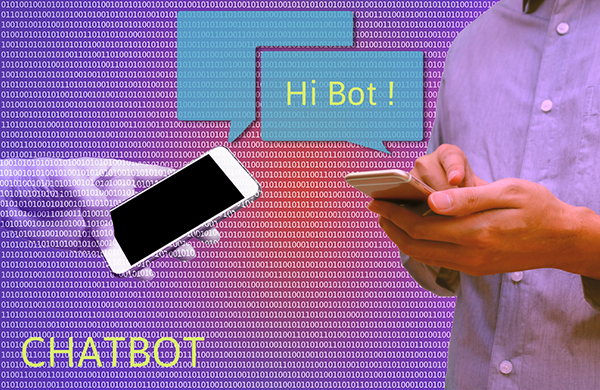Six Pros and Cons of Using AI Content Generators
By Space Coast Daily // December 12, 2022

Quality content is an essential and arguably the most important component of an effective marketing strategy. High-quality content is user-centric, answers your audience’s questions, and solves problems they encounter.
Long-form content can boost your audience’s experience and opinion of your brand through expert advice. When producing long-form content, businesses must choose who or what will write their articles.
They have to account for budgets, deadlines, and customer needs when making this decision.
As technology improves, you might consider using an AI content generator to produce and release your content. However, before you hop on the AI boat, you should consider the pros and cons of using this tool.
Pros
1. Fast Access to Content
One of the distinct advantages of opting for AI content generators is the speed with which they produce content.
AI will provide you with content significantly faster than a human writer can if you’re on a tight deadline for releasing a blog post or want to partake in a new trend before it disappears. It can be a powerful tool when scaling your marketing strategy.
2. Cost Efficient Marketing
Depending on the scope and labor intensiveness of the project, hiring a marketing team to produce all of your long-form content needs can cost a good chunk of change.
You can save money on concise, straightforward articles with a monthly subscription to an AI platform. It’s useful for small businesses that can’t afford more labor.
3. Avoiding Writer’s Block
As any writer will tell you, ideas aren’t constantly free-flowing. There are often blocks in the system that are difficult to work through.
AI can save you and your team time and frustration when these inevitable blocks present themselves.
Your writers and marketers may leverage AI as a brainstorming tool. The speed with which AI produces suggestions and data can inspire them.
Writers may take topics produced by AI, add context, and include a personalized flair to the tone that engages readers’ attention. They can use AI-produced articles as a rough draft to build outlines and produce ready-to-publish content faster.
Writers may also utilize AI to catch grammatical errors or point out potential plagiarism.
4. Minimizing Bias
Though the human touch behind content creation is irreplaceable, it also comes at a cost. Inevitably, humans are biased creatures.
A writer’s opinions and prejudices may find their way into their articles, and they may unintentionally exclude specific readers or misrepresent information.
These same biases don’t plague AI. It will produce balanced, unbiased content based on the data it processes.
Cons
5. Where’s the Connection?
Perhaps the greatest issue taken against AI-generated content is its relative lack of pathos. Readers can easily distinguish between a piece written by a human being and one written by software.
At its current state, AI cannot exactly replicate the emotional and unique intonations produced by human beings. Its articles can often feel stiff and impersonal.
Since AI is not an expert at context, it may use insensitive or outdated terminology or miss out on crucial information revealed by current events. Overall, the flow and tone of blog posts produced entirely by AI may feel inauthentic.
Additionally, while AI is excellent at producing a wide range of ideas, it usually doesn’t provide the most complex or nuanced ones. If you’re looking for the “next big thing” in your marketing approach, you’re not likely to find it with AI alone.
6. Algorithms
Aside from your readers’ opinions, your long-form content has to appease the Google gods. Google’s search algorithms tend to favor human-produced content that utilizes SEO-optimized keywords and provides unique insights for readers.
AI can analyze algorithms, but it doesn’t take a people-centric approach when writing content. It may not meet Google’s expectations for EAT (expertise, authoritativeness, trustworthiness).
What’s more, readers can’t view the author and their credentials in AI articles, making them less likely to trust the information.
If the quality of AI-generated content isn’t up to par with Google’s standards, it may perform poorly in search rankings, and in some cases, Google employees may flag it as spam.
However, it’s important to note that some AI generators take Google’s changing algorithms into account when creating content, improving their performance and yielding higher rankings.
Conclusion
AI generators are viable options for saving money and inspiring marketers while producing crucial long-form content. Currently, they are not an equitable replacement for human writers.
However, human content creators can vet AI-produced content to add a personal touch and weave in context.












